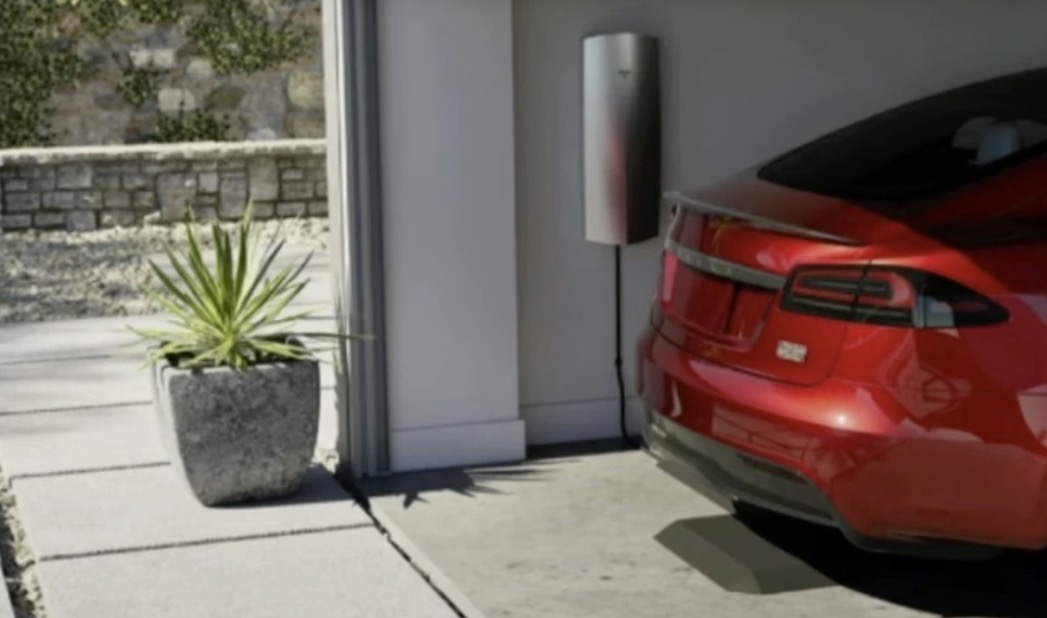
Tesla is an interested buyer of a small Germany-based wireless charging startup following the automaker’s indications that it might launch its own EV wireless charger.
Several companies have been working on wireless charging for electric vehicles in recent years, but the technology has never taken off.
There are several issues with it. For example, it’s not as efficient as charging with a cable – though the technology has been closing the gap in recent years. It’s also more expensive, as you generally have to embed a charging pad securely in the ground instead of just mounting a charger on the wall.
And for these downsides, the problem it solves is not a major one: having to plug in your car. It’s not a super difficult or time-consuming task. Nonetheless, Tesla has previously talked about automating the task in order to be ready for self-driving technology. If the cars could drive themselves, it would make sense for them to be able to charge themselves without a human needing to plug them in.
Over the years, Tesla has favored an automated robot arm instead of wireless charging to complete this task.
But things have changed recently.
Earlier this year, Tesla teased a new wireless home charging station – pictured above.
Now the automaker might have found a way to speed things up.
A filing from Germany-based wireless charging startup Wiferion confirmed that Tesla is an interested buyer (via Business Insider, translated from German):
The electric car giant Tesla is said to be interested in buying Wiferion from Freiburg. This emerges from a record in the commercial register. It says: “The shareholders intend to sell their shares in the company to Tesla International BV by means of a purchase agreement.” When asked by the Gründerszene, two of the investors in the start-up confirmed that an exit had taken place – without naming a name. According to one of the investors, it is an “interesting buyer”. So far, neither Tesla nor Wiferion have responded to editorial inquiries.
Wiferion was founded in 2016 and has developed inductive charging solutions for industrial robots and electric vehicles. It has reportedly deployed over 8,000 chargers, primarily for industrial robots.
Both business segments would be useful to Tesla as the automaker also uses many industrial robots in its factories.
Top comment by Foo Silver
I've always thought it was a great idea, others disagree but are likely to change their minds when Tesla introduces it.
Vandalism of public L2 charging stations is an ongoing problem, tweakers stealing copper and just garden variety vandals.
Embedding the charging pads in the ground will make for a more robust installation
At home there isn't a "problem" plugging in but I also have no problem spending an extra 10% in power ($3/mo) for being able to simply drive in and get out. The efficiency isn't an issue.
The startup has raised about $16 million to date, and the deal, if it goes through, is expected to be in the mid to high double-digit millions of dollars.
Electrek’s Take
Since this was in an official filing, the source is solid, but it doesn’t mean that the deal will close.
Tesla isn’t big on acquisitions compared to other companies of its size, but it has done a few over the years, including in Germany.
Considering Wiferion already has the capacity to produce inductive chargers, it could speed up Tesla’s existing programs.
FTC: We use income earning auto affiliate links. More.





Comments